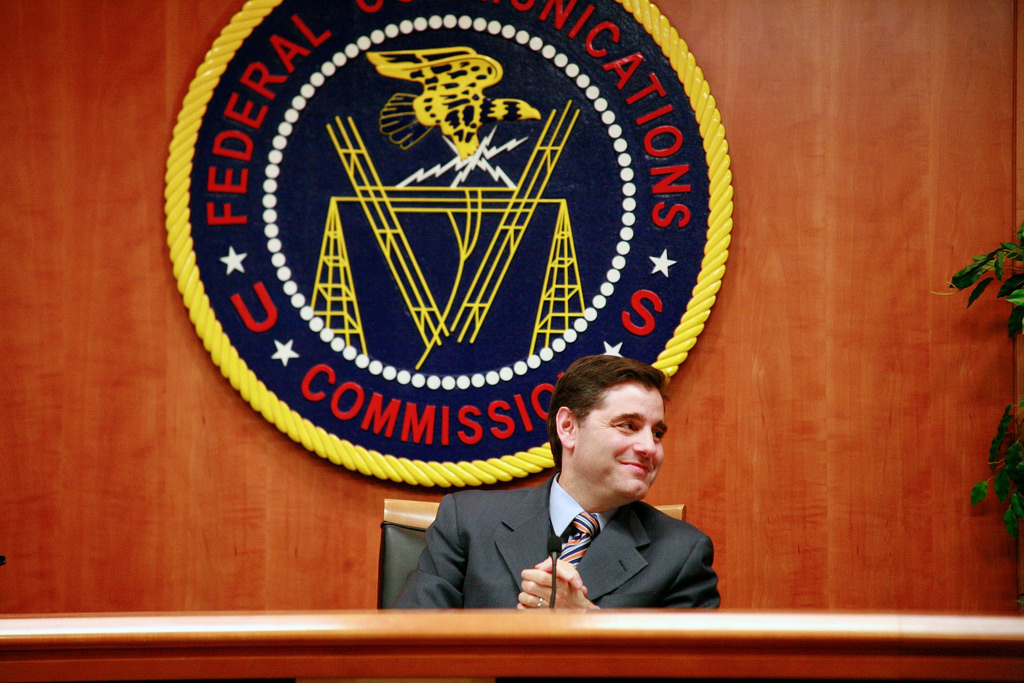 NEWS
NEWS
 NEWS
NEWS
 NEWS
NEWS
The United States Federal Communications Commission (FCC) and the Federal Trade Commission (FTC) have launched a parallel inquiry into mobile device security updates.
As part of the investigation, the FTC has sent please explain requests to eight mobile device manufacturers asking them to provide the agency with information about how they issue security updates to address vulnerabilities in smartphones, tablets, and other mobile devices.
According to a press release from the FTC, the companies who have received the request include Apple, Inc.; Blackberry Corp.; Google, Inc.; HTC America, Inc.; LG Electronics USA, Inc.; Microsoft Corp.; Motorola Mobility, LLC; and Samsung Electronics America, Inc.
In addition, the FCC has also sent the same request to AT&T Corp, Verizon Wireless, Inc., T-Mobile, Inc.,Sprint Corp., U.S. Cellular Corp. and TracFone Wireless, Inc.
Those companies receiving a please explain have been asked to explain factors they consider in deciding which vulnerability to patch on which device; detailed data on the specific mobile devices they have offered for sale since August 2013; the vulnerabilities that have affected those devices, and finally whether and when the company issued patches.
In a separate release (pdf), the FCC explained the motivation for the investigation as follows:
There have recently been a growing number of vulnerabilities associated with mobile operating systems that threaten the security and integrity of a user’s device, including “Stagefright” in the Android operating system, which may affect almost 1 billion Android devices globally … Consumers may be left unprotected, for long periods of time or even indefinitely, by any delays in patching vulnerabilities once they are discovered. To date, operating system providers, original equipment manufacturers, and mobile service providers have responded to address vulnerabilities as they arise. There are, however, significant delays in delivering patches to actual devices—and that older devices may never be patched.
Government is usually best kept away from interfering in the free market, but when it comes to mobile phone security updates it’s a welcomed move because, at least when it comes to Android updates, the system has long been broken.
As it stands, when Google issues a patch for Android it’s up to device manufacturers and/or carriers as to when, or even if device users will ever receive it.
Some phones are updated directly from the manufacturer, while phones that have been customized by carriers (usually with crapware) then have to wait for the carrier to make the update available with every step of the process adding precious months to when phones owners actually receive the update, and that’s presuming they do at all.
What the FTC and FCC is undertaking here is nothing more than a basic investigation into the problem as it stands, and it’s unlikely there will be any legal ruling at the end of the process versus perhaps a recommendation to the industry as to how it could be doing things better. At the same time it may be a long overdue wake-up call to all the players in process that they need to do far better when it comes to getting security patches and upgrades out to users.
Support our mission to keep content open and free by engaging with theCUBE community. Join theCUBE’s Alumni Trust Network, where technology leaders connect, share intelligence and create opportunities.
Founded by tech visionaries John Furrier and Dave Vellante, SiliconANGLE Media has built a dynamic ecosystem of industry-leading digital media brands that reach 15+ million elite tech professionals. Our new proprietary theCUBE AI Video Cloud is breaking ground in audience interaction, leveraging theCUBEai.com neural network to help technology companies make data-driven decisions and stay at the forefront of industry conversations.